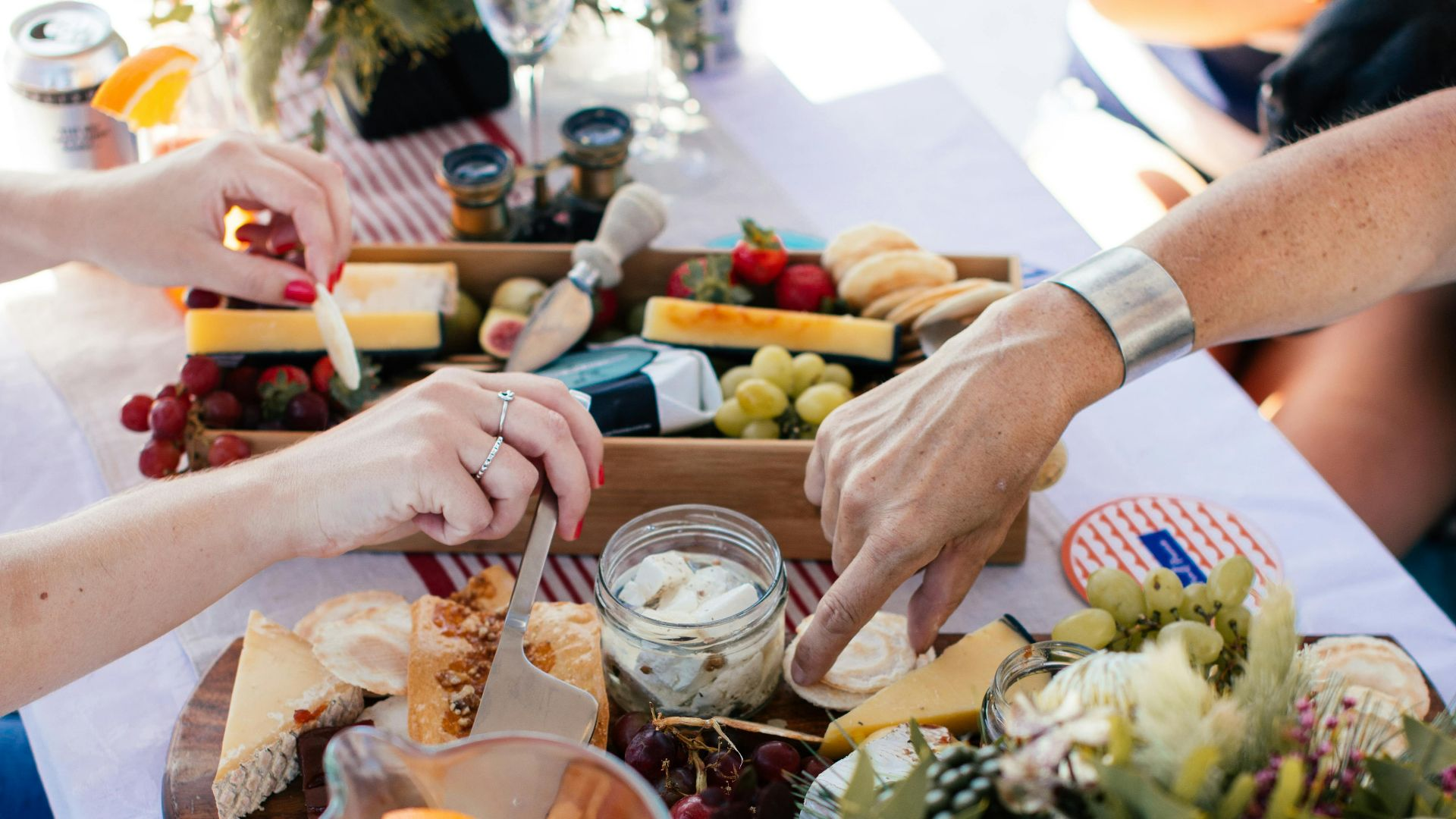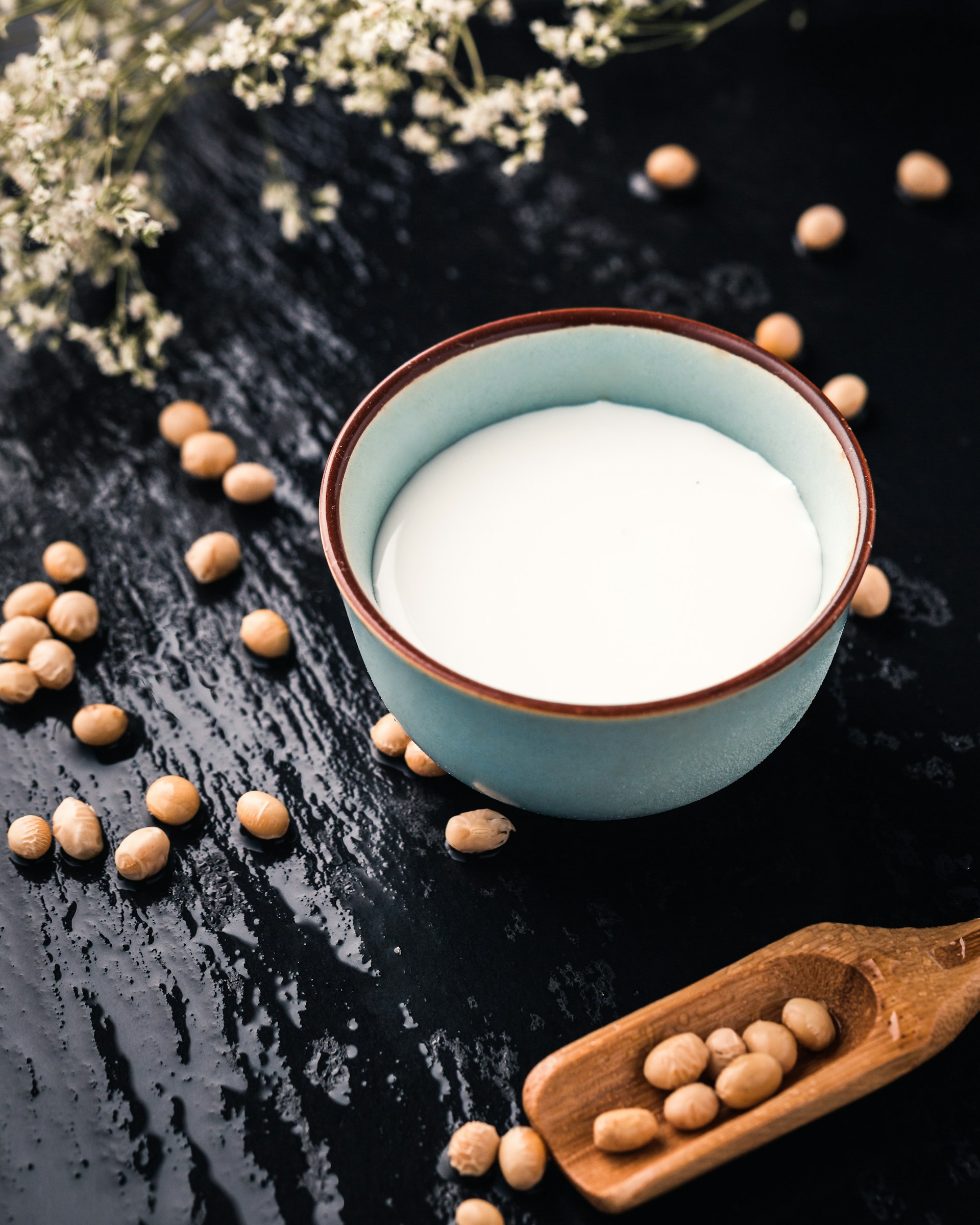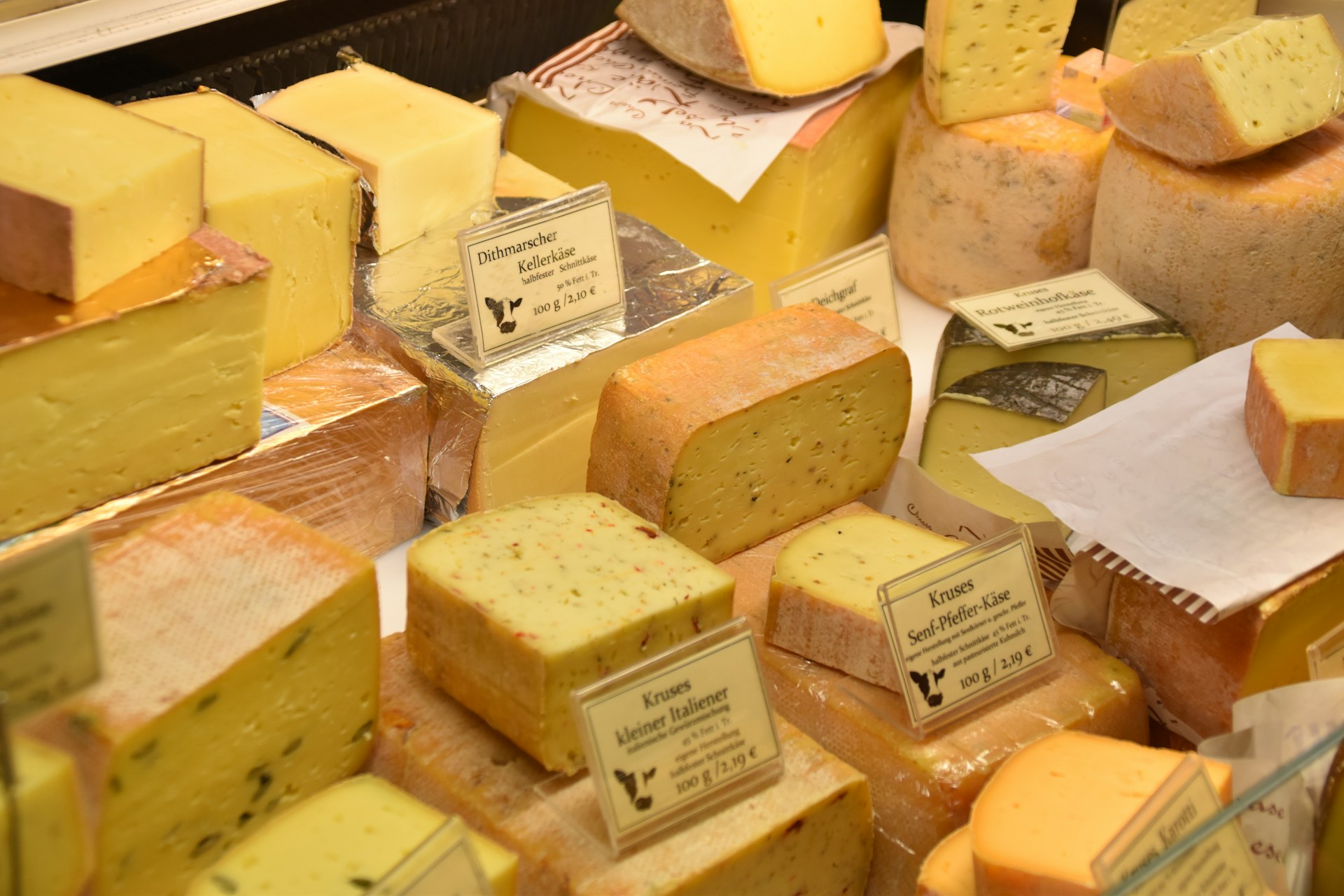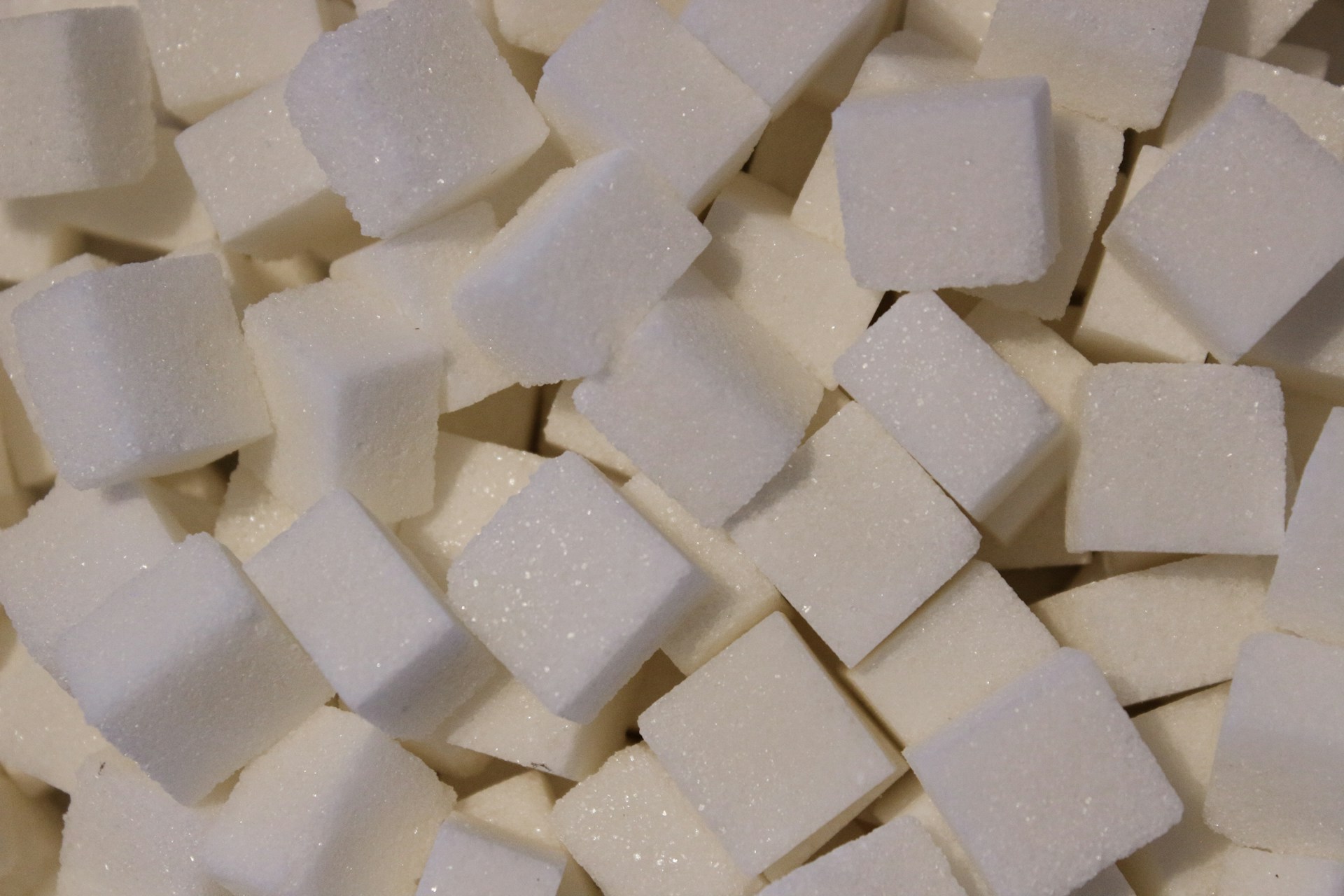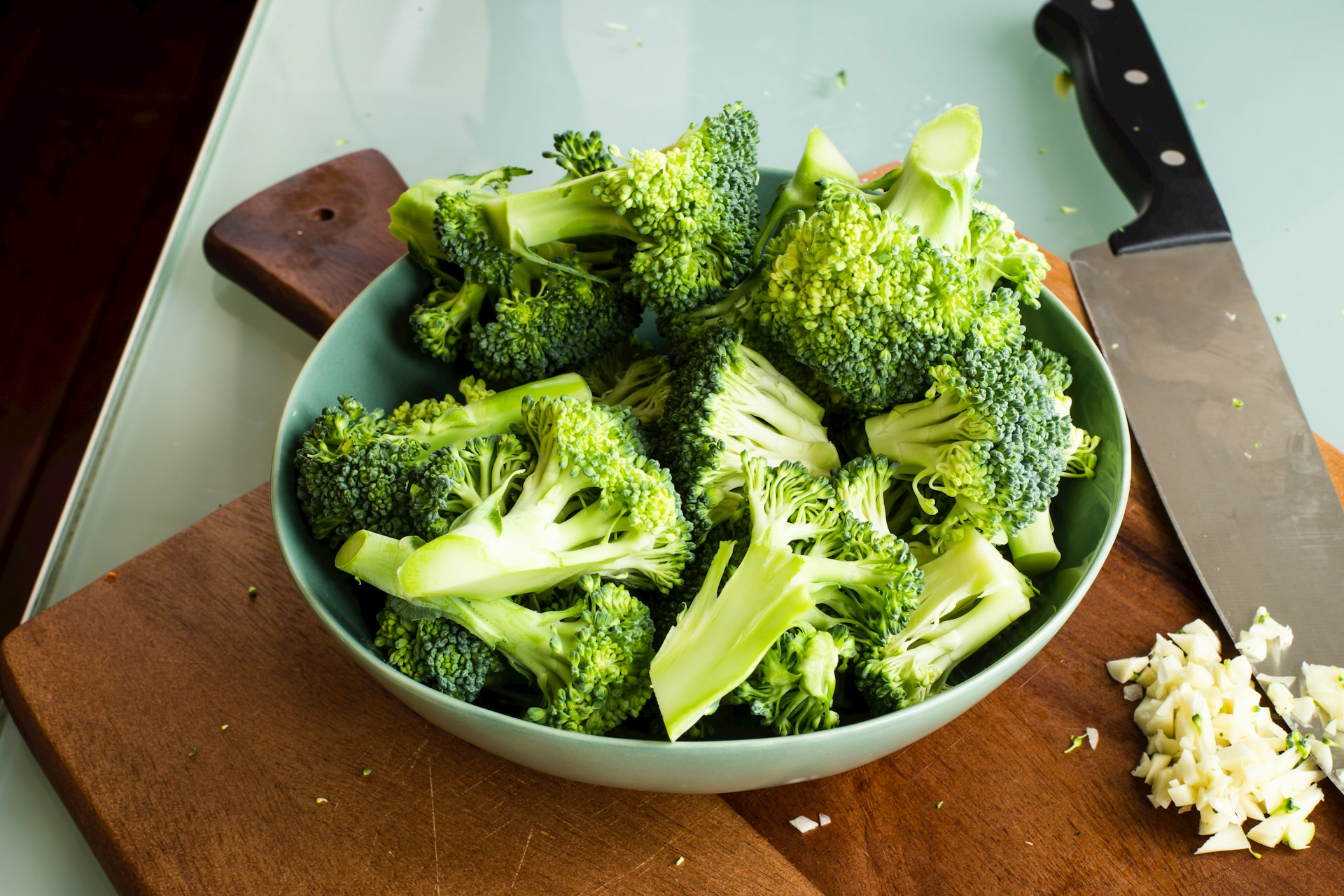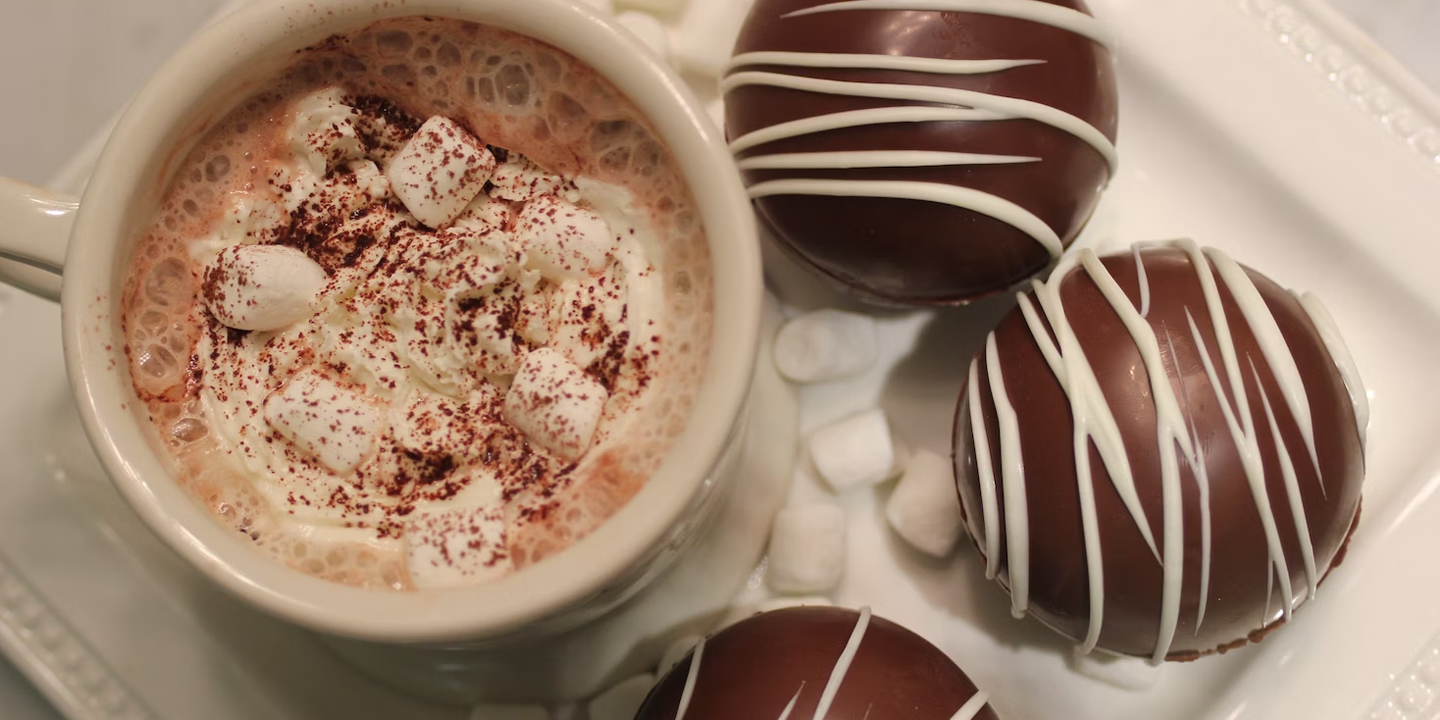If you suffer from IBS, it's important that you know which foods are worsening your symptoms and which ones can help you better manage it. Because no, your cramping, abdominal pains and diarrhea aren't just getting worse on their own without a cause! So here are the best & worst foods to eat if you have IBS.
1. Low-FODMAP Vegetables
Able to reduce many symptoms, a low FODMAP diet with vegetables such as carrots, zucchini, and spinach can be very beneficial. These foods are easier on the digestive system and are less likely to trigger IBS symptoms. It's also a major bonus that these vegetables provide plenty of essential nutrients your body needs!
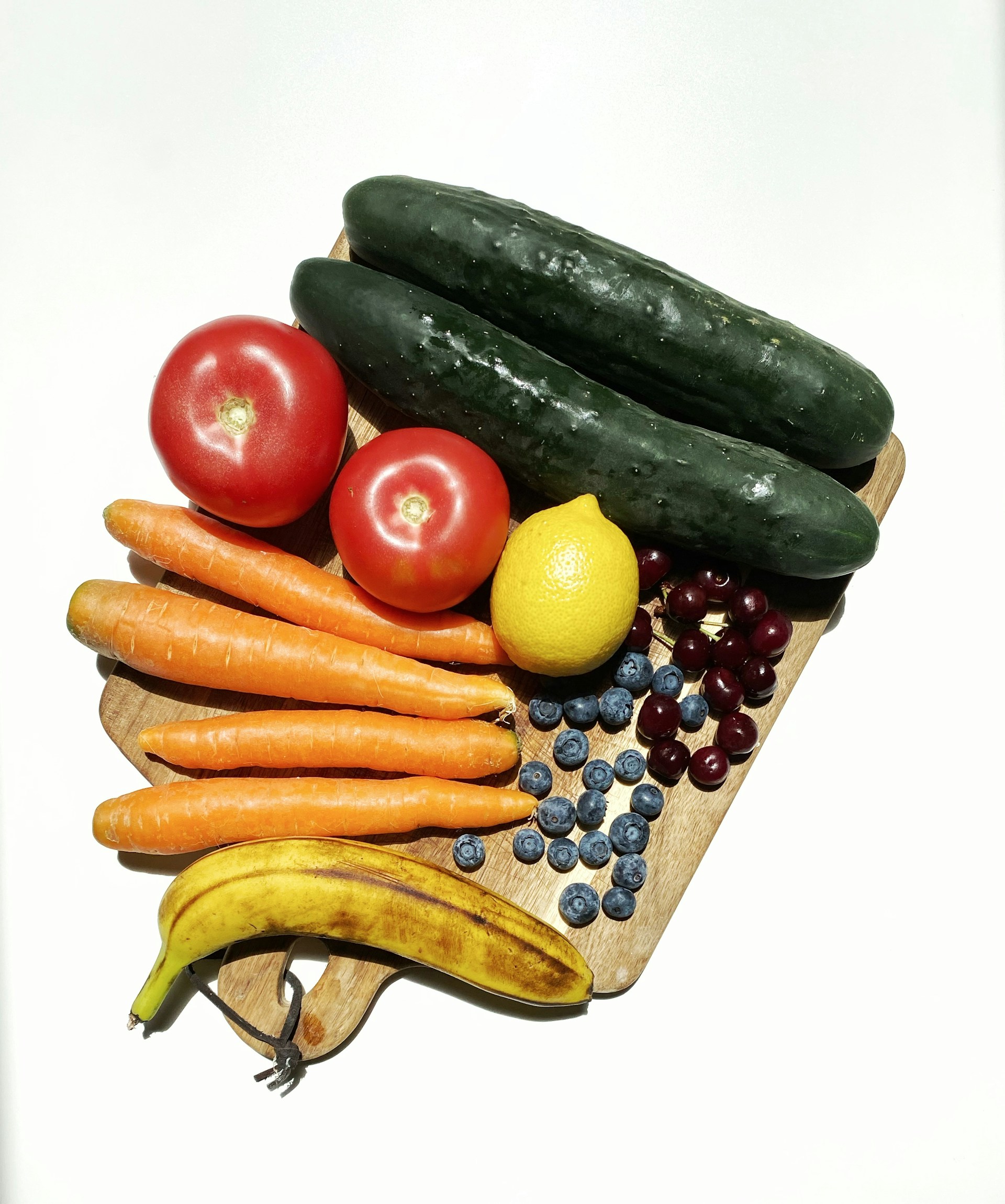 Photo by Dragan Djukic on Unsplash
Photo by Dragan Djukic on Unsplash
2. Lean Protein
Lean protein sources like chicken, turkey, and fish are much more easily digestible, providing you with good nutritional value without the high fat content that can exacerbate IBS symptoms. For the best results, opt for grilled or baked preparations.
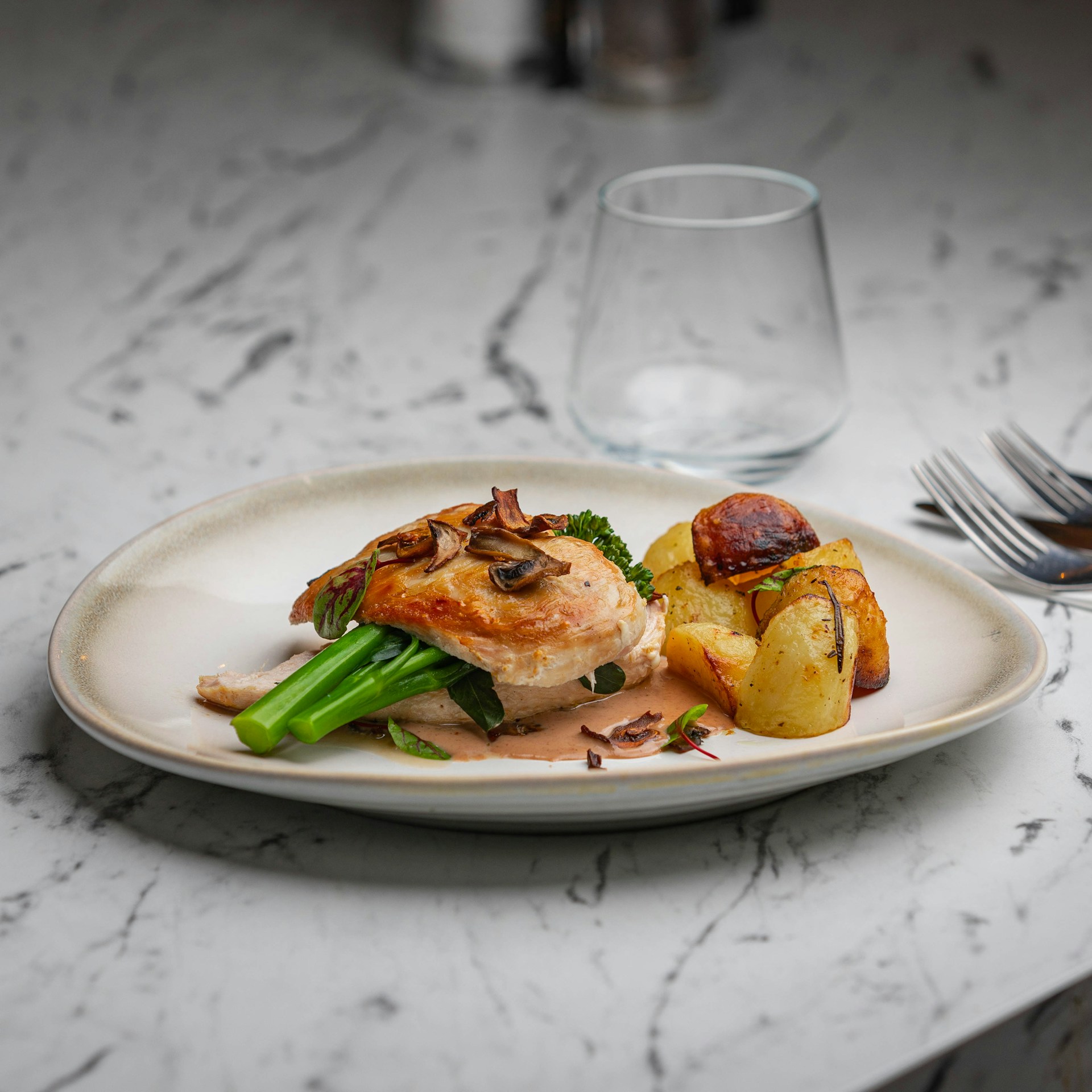 Photo by Nima Naseri on Unsplash
Photo by Nima Naseri on Unsplash
3. Oats
Oats provide a great source of soluble fiber which helps regulate bowel movements, providing you with relief from IBS symptoms. Soluble fiber is able to soak up water, helping you better pass stool and get over constipation.
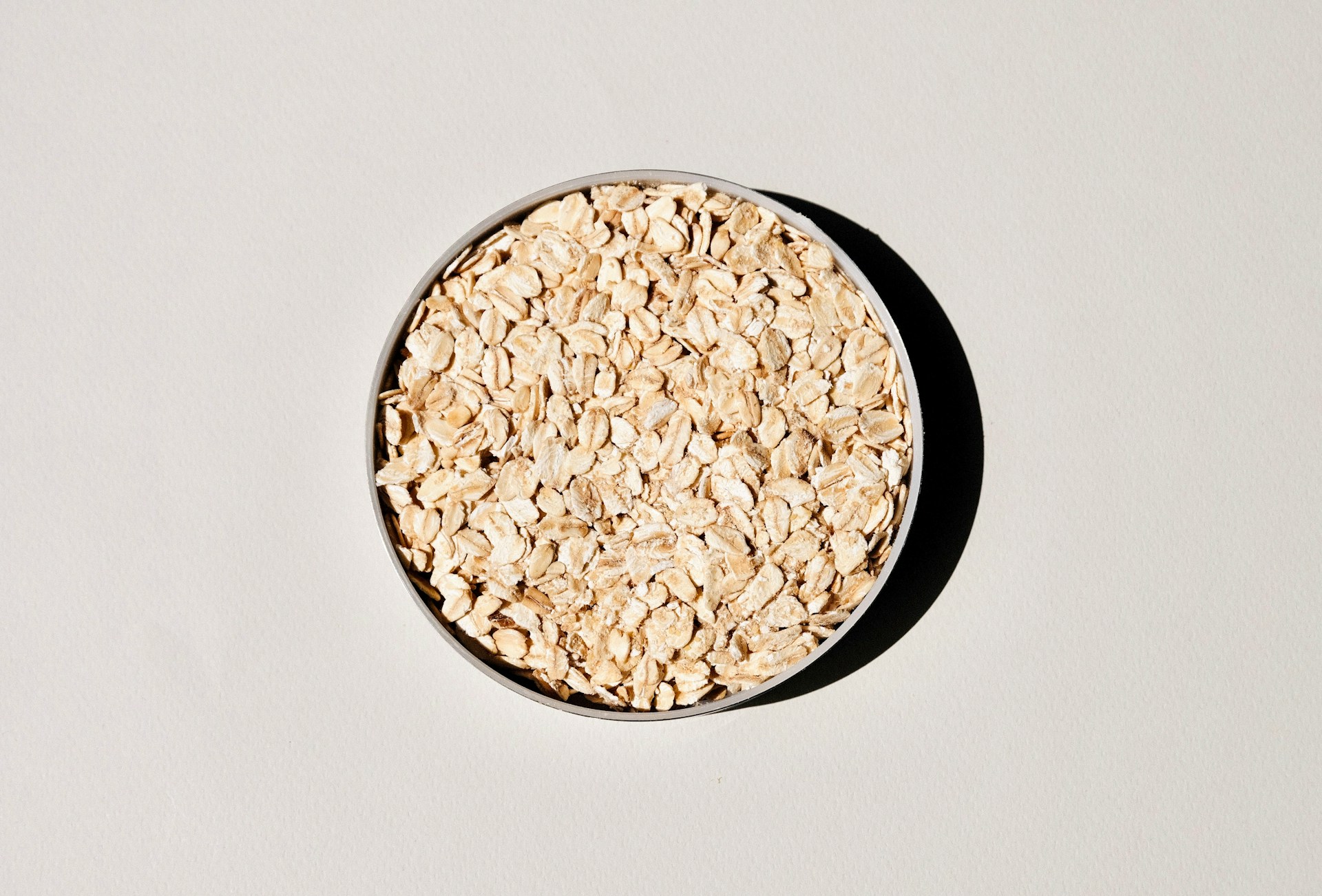 Photo by Jocelyn Morales on Unsplash
Photo by Jocelyn Morales on Unsplash
4. Ginger
Known for its gastrointestinal soothing effects, ginger has been widely regarded as an effective IBS treatment. It can help with bloating, nausea, and other digestive discomforts, improving your overall gut health. That's why incorporating a bit of ginger into your regular diet through teas or as a spice can be very beneficial.
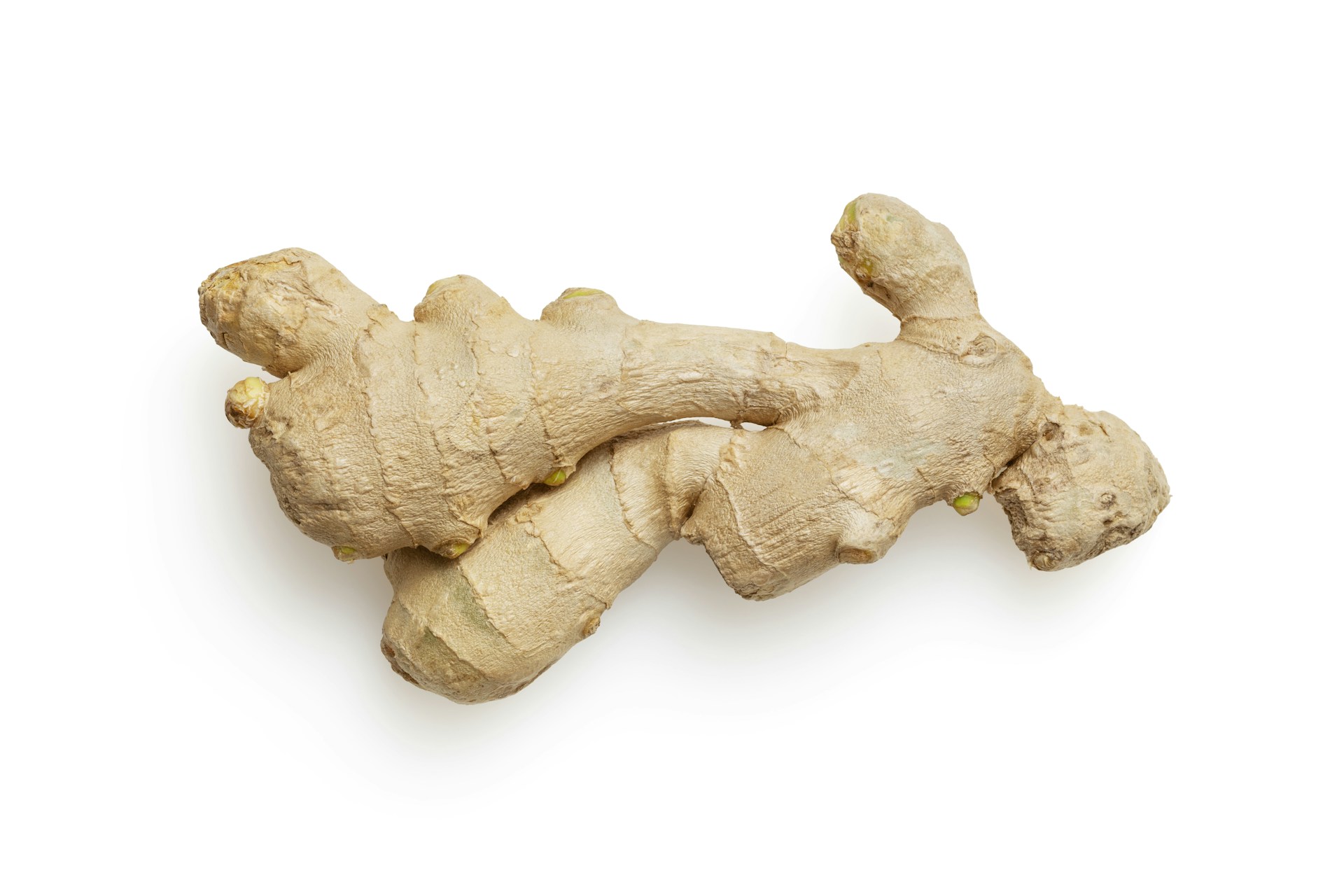 Photo by Mockup Graphics on Unsplash
Photo by Mockup Graphics on Unsplash
5. Peppermint
Peppermint has been studied to have natural antispasmodic properties, meaning it can help relax the muscles of the digestive tract. This can help you relieve certain symptoms like abdominal pain. That's why peppermint tea or peppermint oil capsules continue to be popular choices when it comes to IBS symptom relievers.
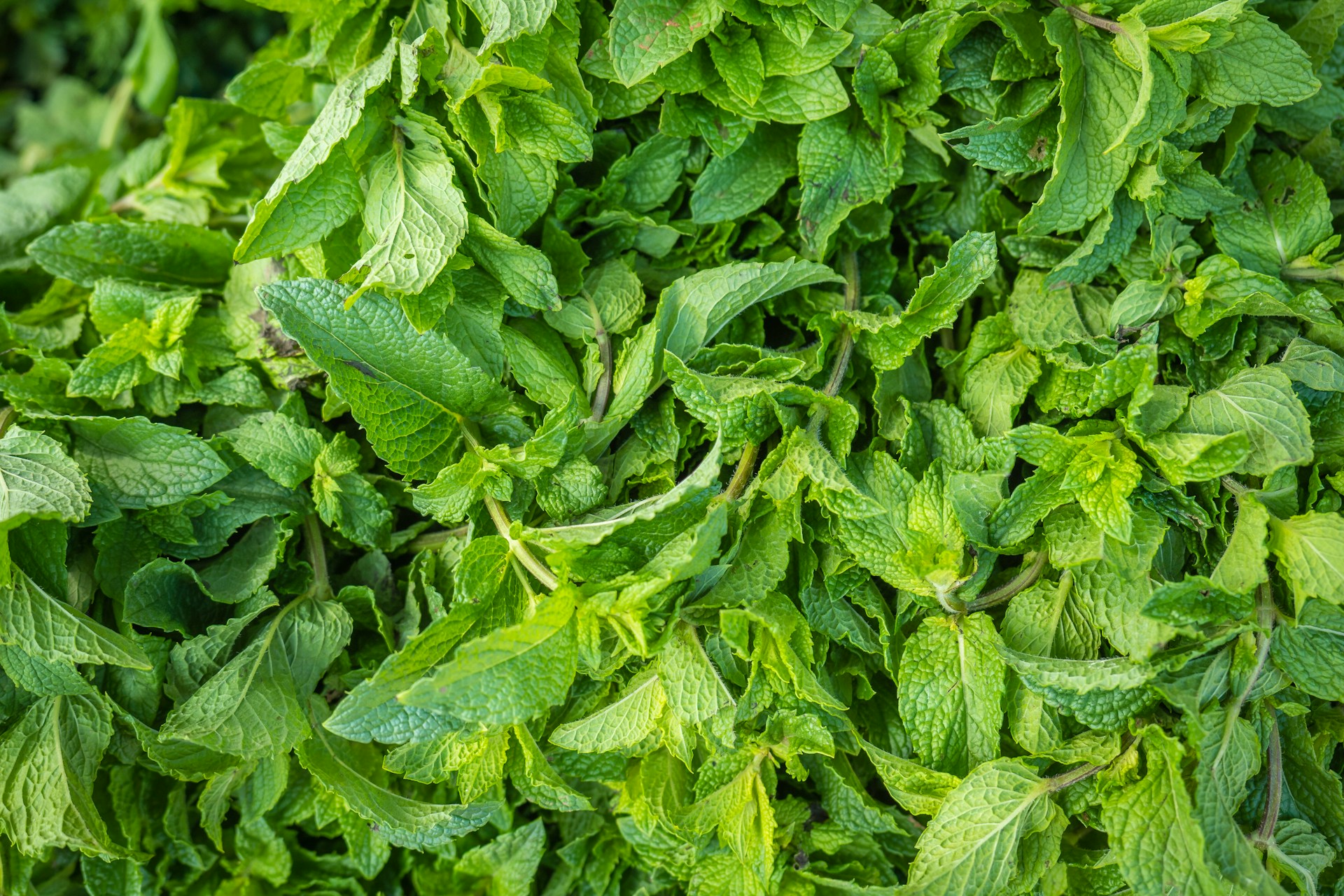 Photo by Alexander Schimmeck on Unsplash
Photo by Alexander Schimmeck on Unsplash
6. Rice
White rice has been studied to be a very safe food option when suffering from IBS flare ups. Not only is it easy to digest, it's a good carbohydrate choice for people with IBS. It's also low in fiber, which is actually beneficial if you experience diarrhea-predominant IBS.
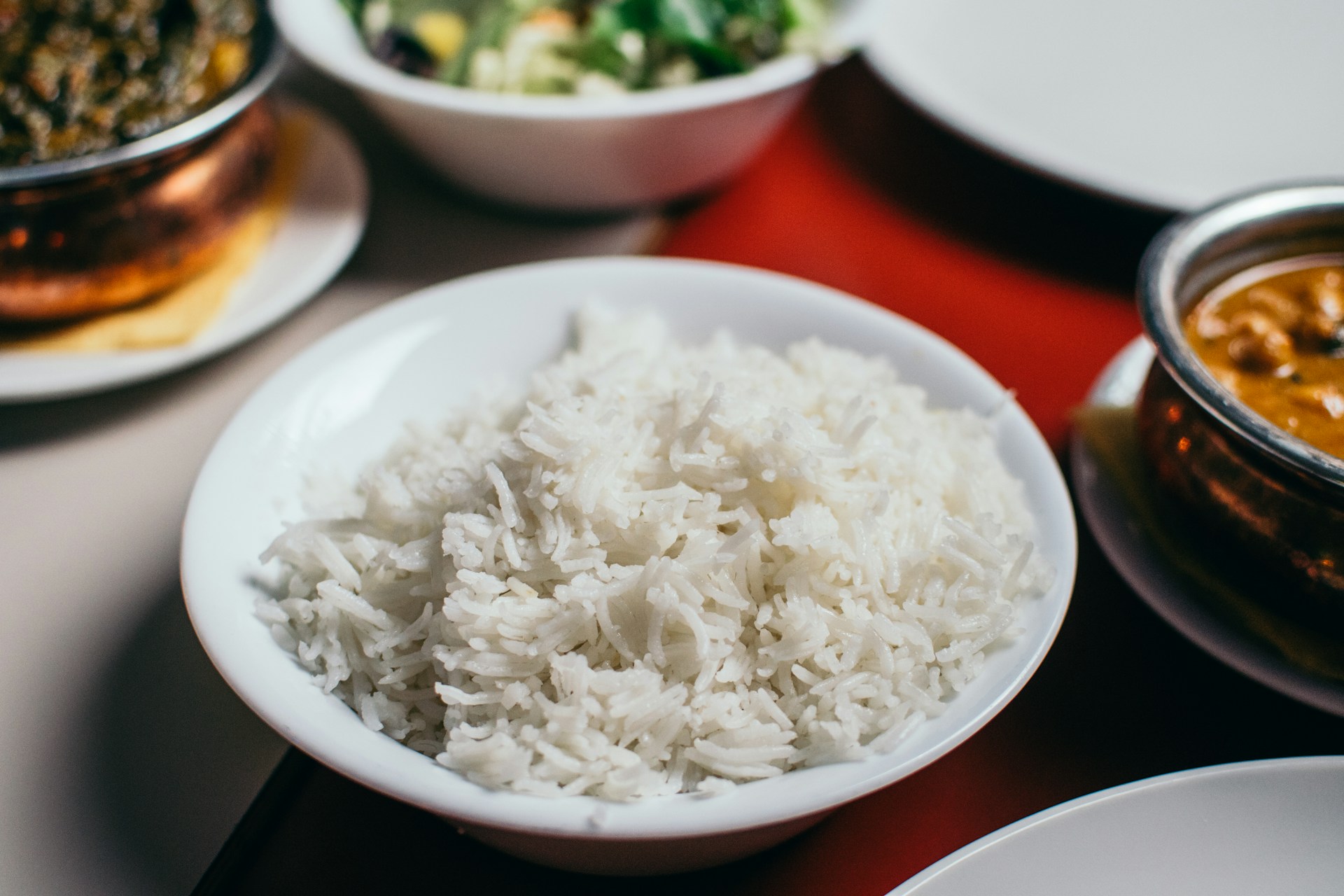 Photo by Pille R. Priske on Unsplash
Photo by Pille R. Priske on Unsplash
7. Bananas
Bananas are a good source of soluble fiber and can be a quick, easy-to-digest snack when you're in a rush. They can help normalize bowel functions in IBS patients, especially those suffering with constipation. It's important to note however, that it's unripe bananas that are low in FODMAPs while ripe bananas are high.
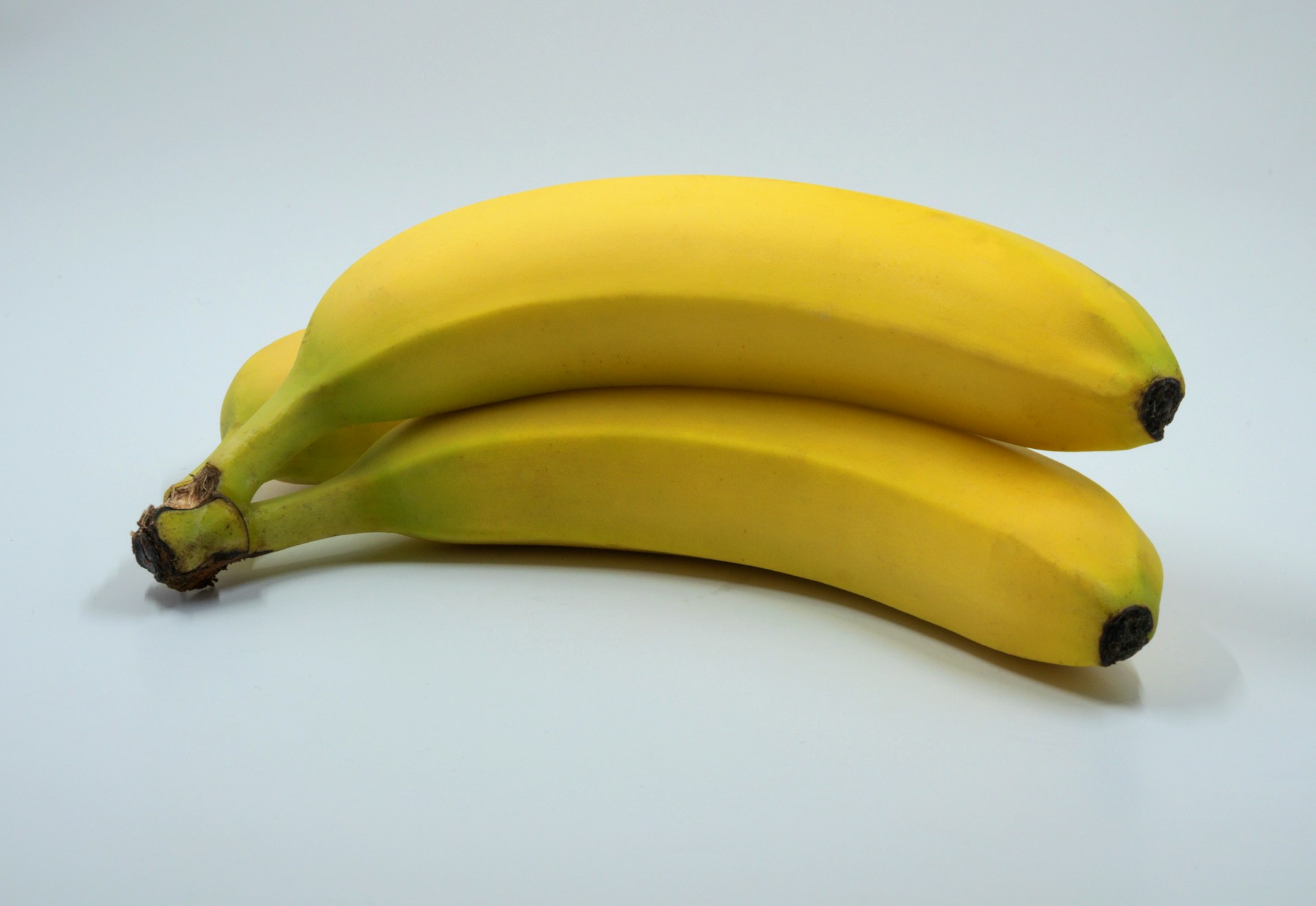 Photo by Brett Jordan on Unsplash
Photo by Brett Jordan on Unsplash
8. Lactose-Free Dairy or Plant-Based Milks
For those who are lactose intolerant, lactose-free dairy products or plant-based milks such as almond, soy (made from soy protein), or oat milk can provide essential nutrients without triggering IBS symptoms. Just make sure you get the unsweetened or lightly sweetened kinds.
9. Herbal Teas
Certain herbal teas, such as chamomile, fennel, and anise, can offer soothing relief if you're dealing with any form of digestive discomfort. They're gentle on the stomach and are great at helping to reduce gas, bloating, and cramping.
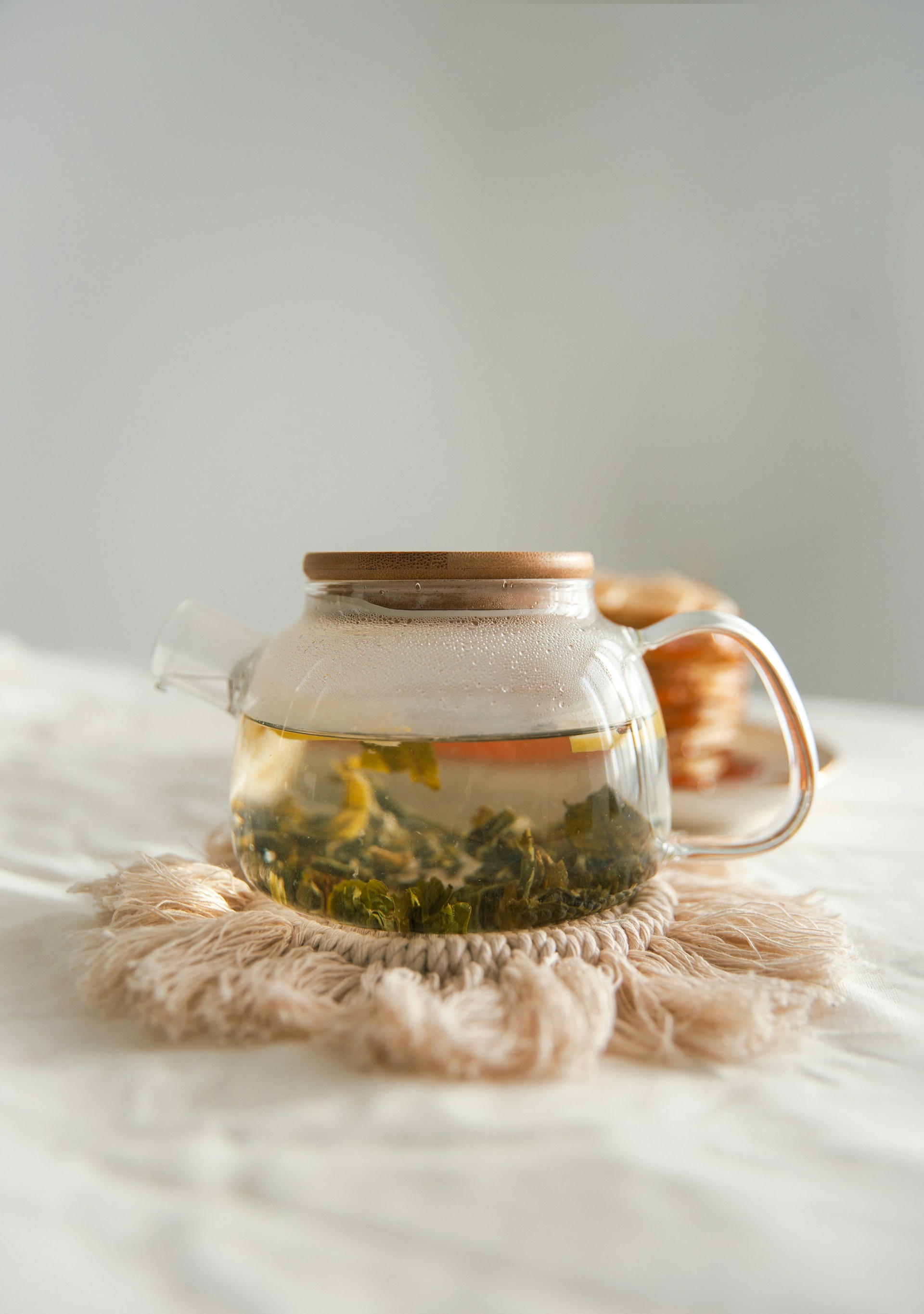 Photo by Tamara Shchypchynska on Unsplash
Photo by Tamara Shchypchynska on Unsplash
10. Quinoa
For a gluten-free option, quinoa is a grain that's high in protein and fiber yet low in FODMAPs, making it an excellent choice if you have IBS. It's incredibly versatile and can pair well with plenty of dishes, making it the perfect ingredient to replace other grains that might trigger symptoms.
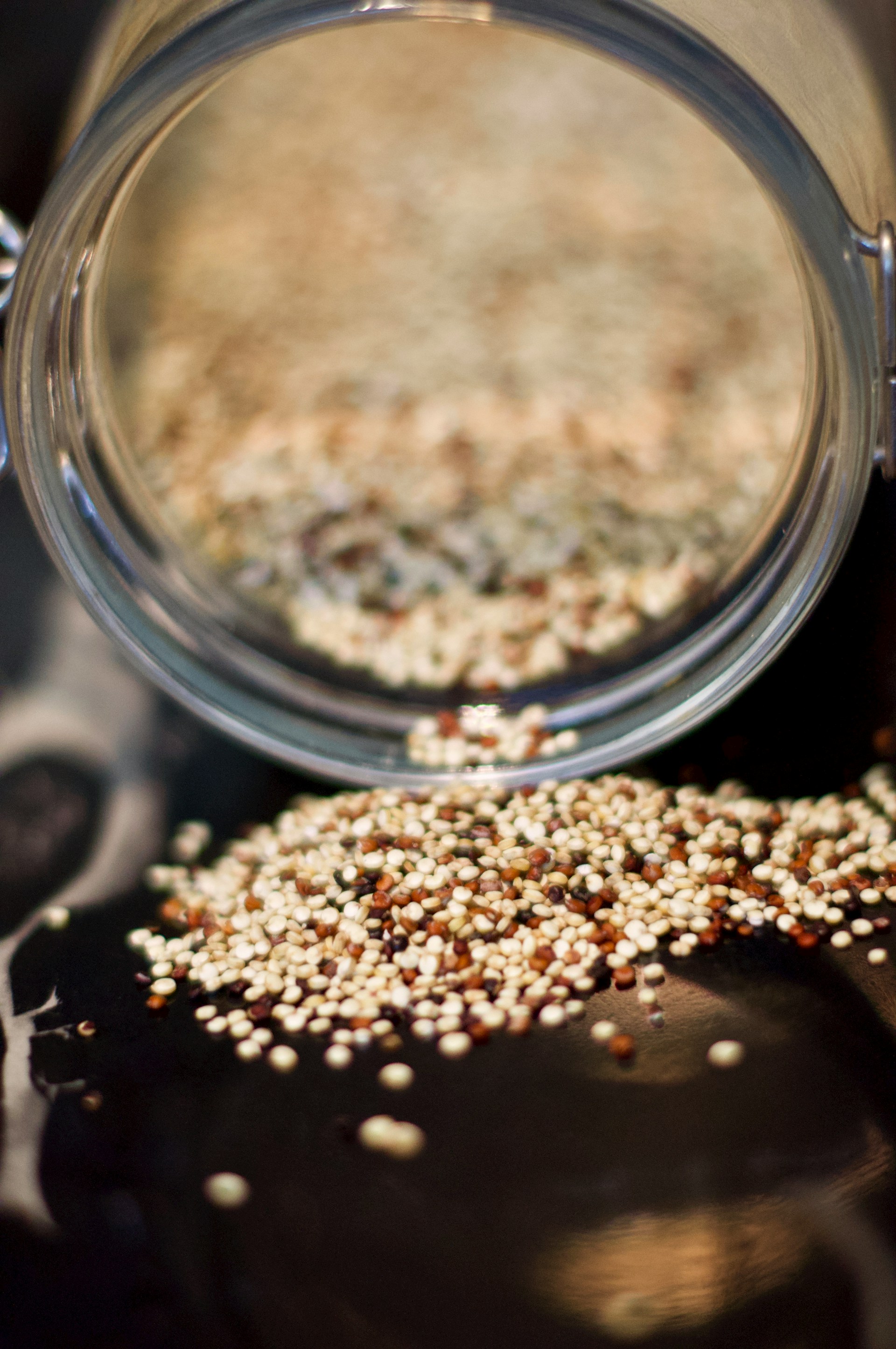 Photo by Dan Dennis on Unsplash
Photo by Dan Dennis on Unsplash
1. High-FODMAP Foods
FODMAPs are short-chain carbohydrates that are poorly absorbed in the small intestine and can ferment in the gut, causing and worsening your IBS symptoms. Foods high in FODMAPs include onions, garlic, wheat, and certain fruits like apples and pears. It's a much better idea to avoid these food as they cause bloating, gas, and diarrhea.
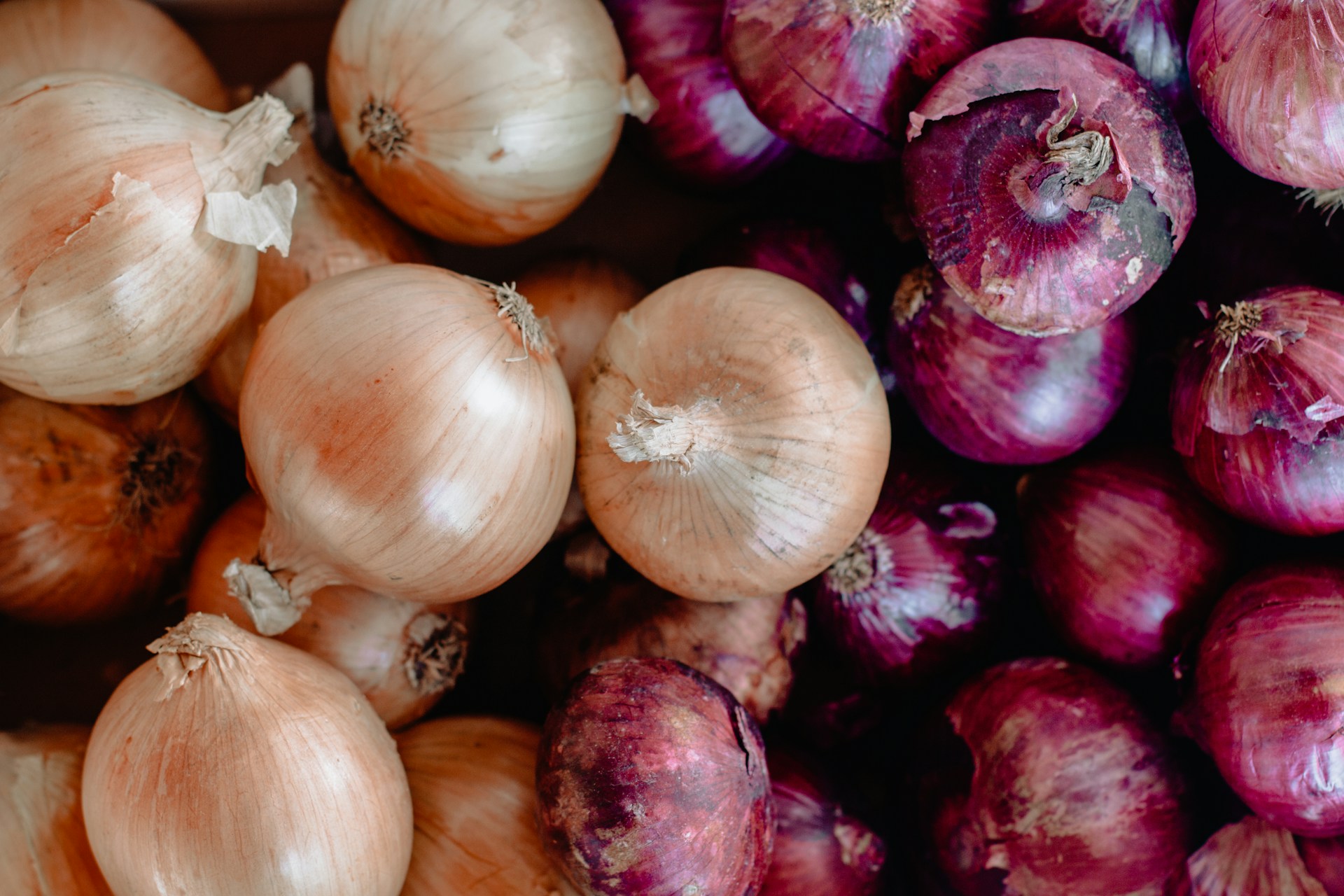 Photo by Sincerely Media on Unsplash
Photo by Sincerely Media on Unsplash
2. Dairy Products
Many individuals with IBS also happen to be lactose intolerant - dairy products are one of the most common triggers for people with IBS! Foods like cheese, milk, and ice cream (it's sad, we know!) can cause diarrhea, bloating, and gas. It's best to avoid these and opt for lactose-free or plant-based alternatives if you're looking to better manage your symptoms.
3. Fried Foods
Unfortunately, fried foods are best avoided if you have IBS. These are high in fat, which can lead to rapid contractions of the colon, making your IBS symptoms like cramping and diarrhea even worse. Instead, choose baked or grilled options that can be more gentle on your digestive system.
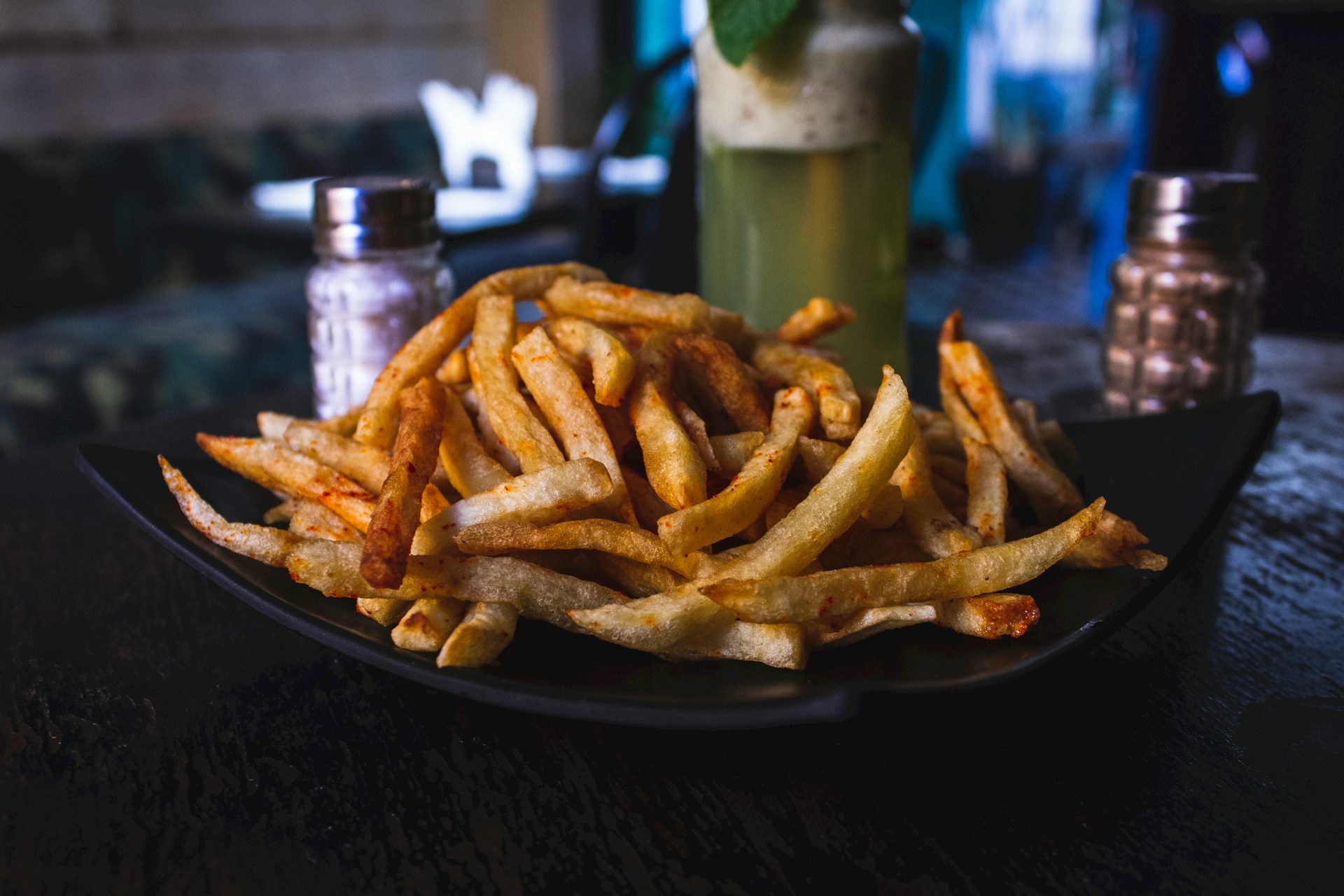 Photo by Louis Hansel on Unsplash
Photo by Louis Hansel on Unsplash
4. Beans and Legumes
While beans and legumes are nutritious and a great source of protein, they're also high in fiber and can increase gas production and bloating in sensitive individuals. It's important that you moderate your intake if you want to be wary of your IBS symptoms.
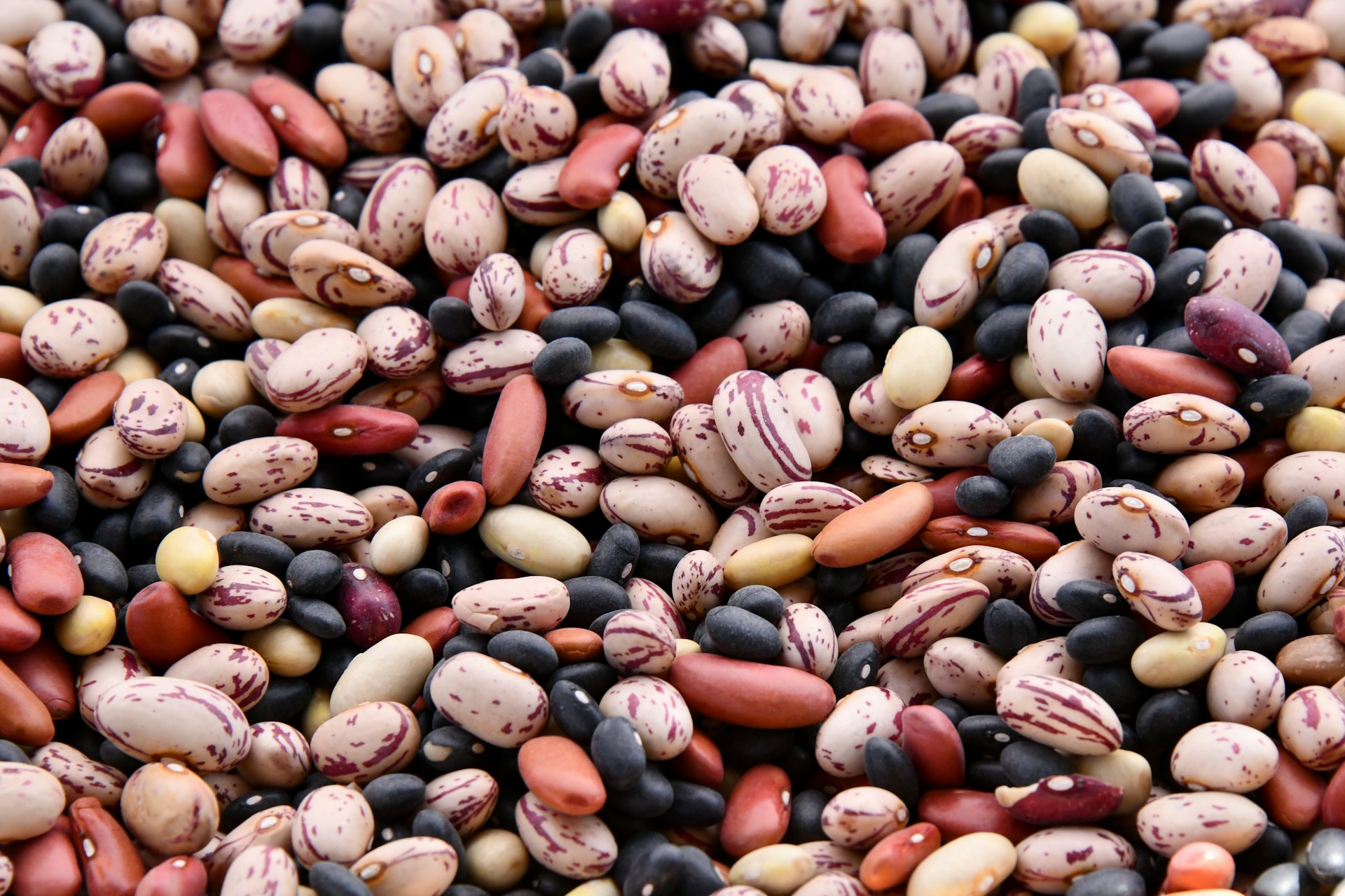 Photo by Shelley Pauls on Unsplash
Photo by Shelley Pauls on Unsplash
5. Caffeinated Beverages
Have you ever had coffee and instantly felt your stomach turn? Caffeine stimulates the gastrointestinal tract which can increase diarrhea and other IBS symptoms. Limiting coffee, tea, and energy drinks (no matter how much you love them) is advisable if you notice it's worsening your symptoms.
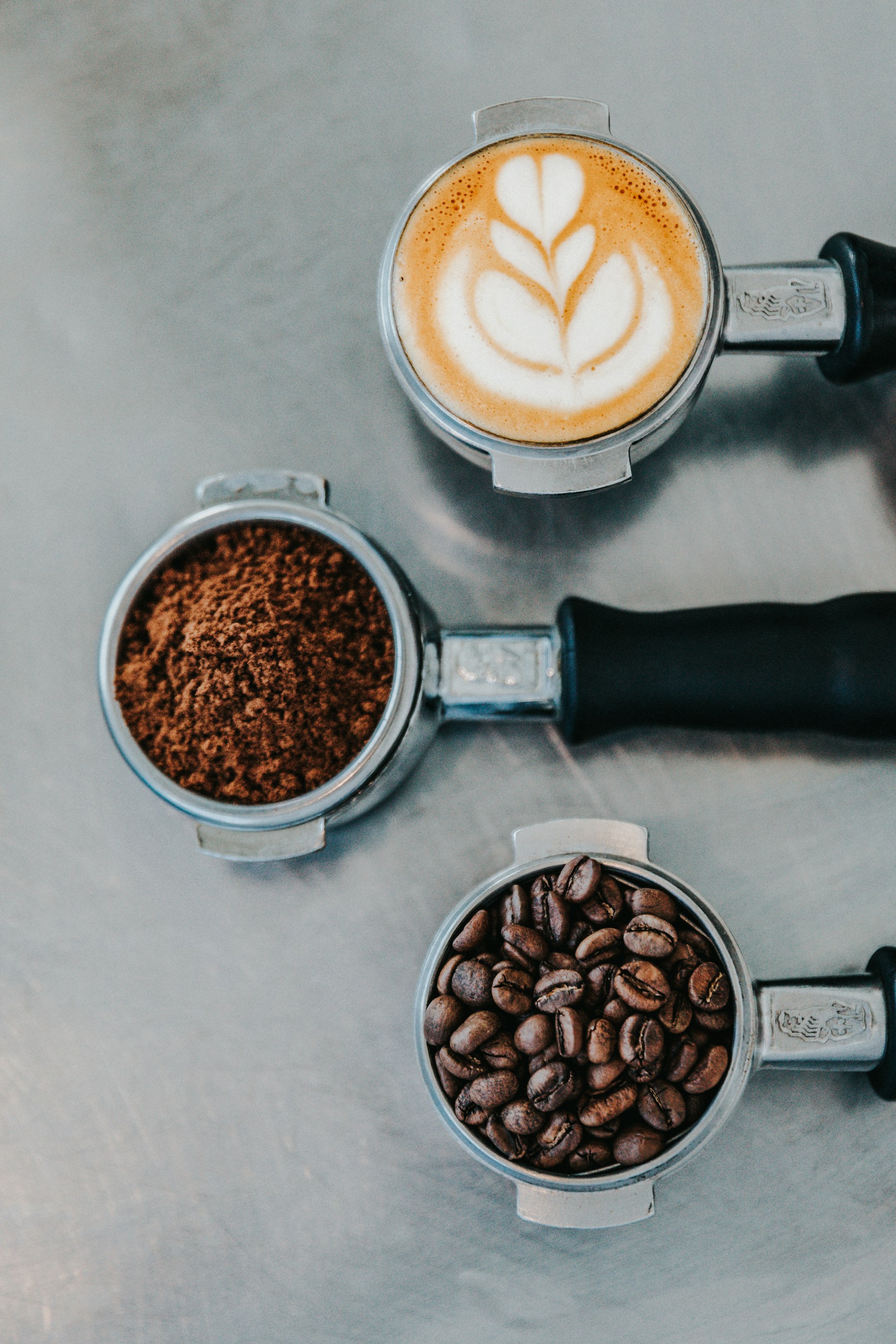 Photo by Nathan Dumlao on Unsplash
Photo by Nathan Dumlao on Unsplash
6. Artificial Sweeteners
Sugar alcohols like sorbitol and xylitol are found in sugar-free gum and candies and can cause diarrhea and bloating in individuals with IBS. Reading labels to avoid these additives can help manage your symptoms.
7. Alcohol
Alcohol can irritate the gut and lead to worsening of IBS symptoms, especially on an empty stomach. Reducing alcohol consumption or avoiding it altogether might be worth considering if you truly want to manage your symptoms for the better.
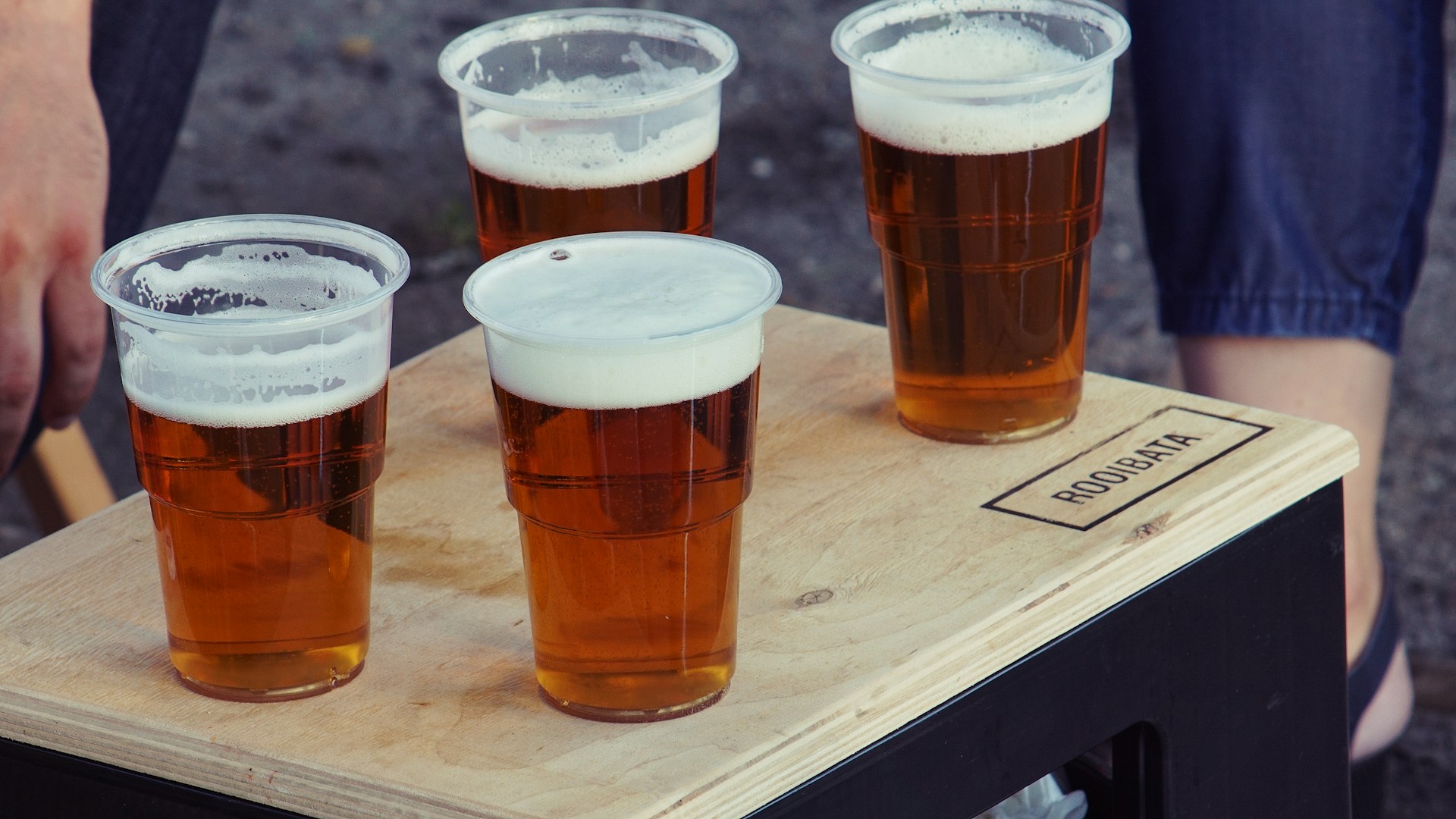 Photo by Julia Nastogadka on Unsplash
Photo by Julia Nastogadka on Unsplash
8. Spicy Foods
Hot and spicy foods are noted to be common trigger foods for people with IBS. Heavy spices can irritate the gut lining in some people, leading to discomfort and exacerbated IBS symptoms. It's important that you eat spicy foods with caution, monitoring and potentially reducing your intake if you're noticing any triggers.
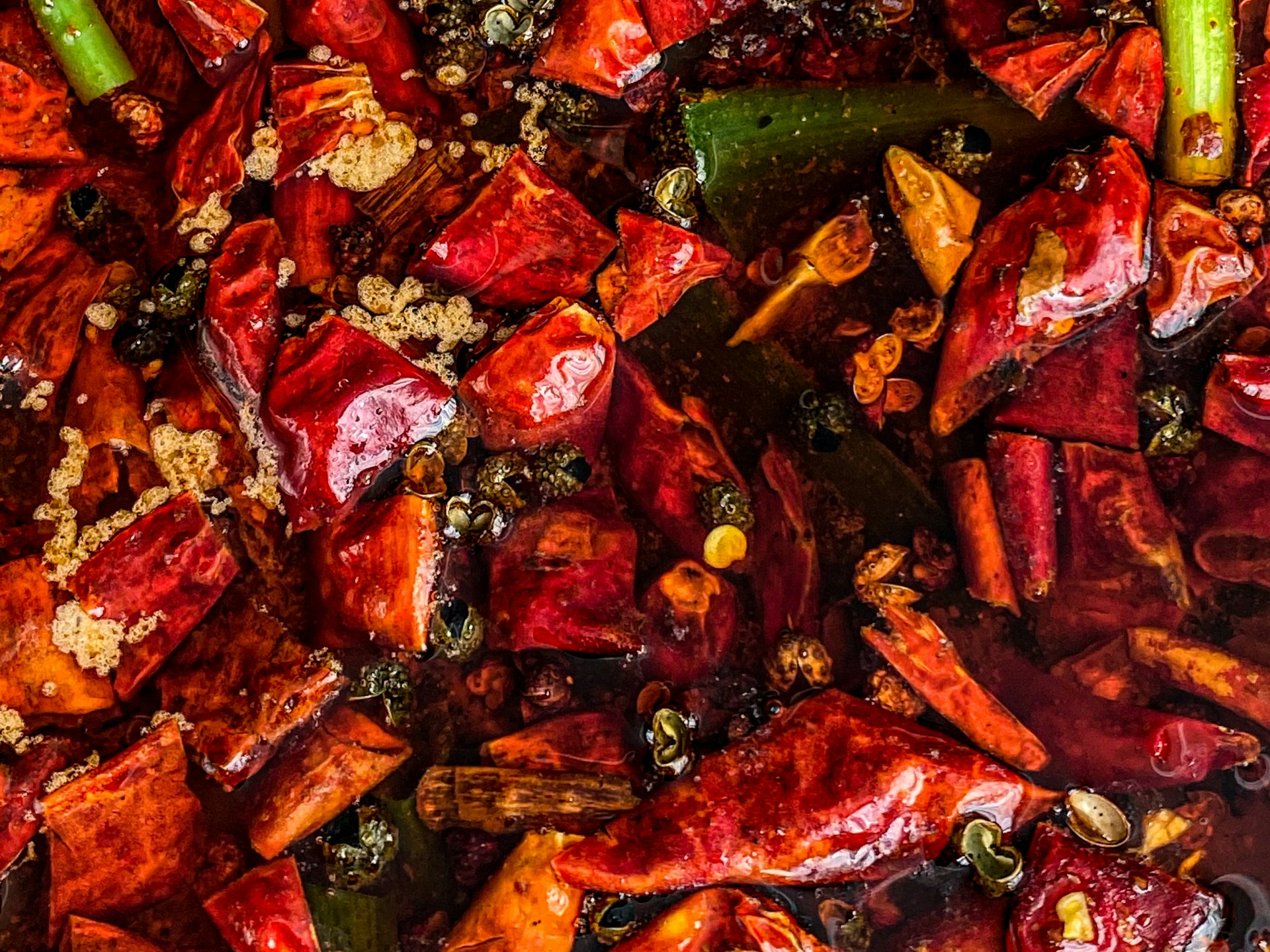 Photo by Timur Kozmenko on Unsplash
Photo by Timur Kozmenko on Unsplash
9. Processed Foods
As you would expect, processed foods can be bad for your symptoms if you have IBS. They contain additives, preservatives, and high amounts of salt or sugar which can easily trigger your symptoms. It's generally recommended that your diet consists mainly of whole, unprocessed foods.
 Photo by Sahand Hoseini on Unsplash
Photo by Sahand Hoseini on Unsplash
10. Cruciferous Vegetables
Vegetables like broccoli, cauliflower, and cabbage are known for causing gas and bloating due to their high fiber content. Just be more cautious if you eat lots of these vegetables and make note that it may benefit you to reduce their intake to better manage symptoms.
KEEP ON READING
